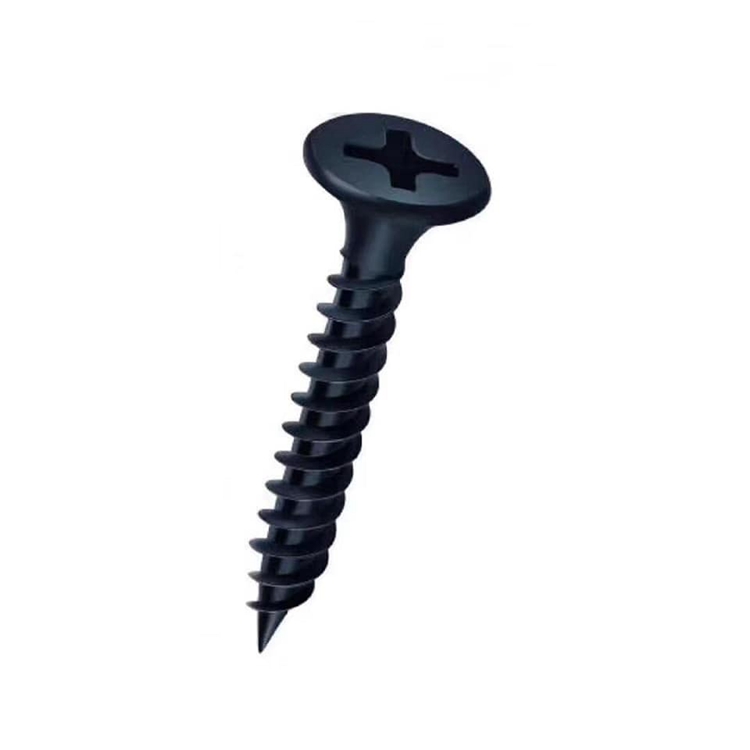High-Strength 10mm x 1.25 Threaded Stud Bolt for Secure Fastening Applications
Nov . 07, 2024 20:32 Back to list
High-Strength 10mm x 1.25 Threaded Stud Bolt for Secure Fastening Applications
Understanding 10mm x 1.25 Stud Bolts Specifications and Applications
When it comes to mechanical components, fasteners play a vital role in ensuring the integrity and functionality of structures and machinery. Among various fasteners, stud bolts are particularly noteworthy due to their versatility and strength. This article focuses on the specifications, applications, and the significance of the 10mm x 1.25 stud bolt.
Specifications of 10mm x 1
.25 Stud BoltsThe term 10mm x 1.25 refers to the diameter and thread pitch of the bolt. Specifically, it indicates that the bolt has a nominal diameter of 10mm and a thread pitch of 1.25mm. This means that the threads are spaced 1.25mm apart. Stud bolts can come in different lengths, and the length is generally specified according to the application and the requirements of the assembly.
In terms of material, stud bolts are commonly made from various types of steel, including carbon steel, alloy steel, and stainless steel. Each material offers varying degrees of strength, corrosion resistance, and ductility, allowing engineers and designers to select the appropriate type based on the environment and load conditions the stud bolts will face. Additionally, stud bolts can be treated with coatings or finishes to enhance their corrosion resistance and durability.
Types of Stud Bolts
Stud bolts can be classified into several categories based on their design and application. A common type is the fully threaded stud bolt, which has threads running the entire length. This design provides excellent fastening capabilities, making them ideal for applications requiring even distribution of load.
10mmx1.25 stud bolt

Another type is the double-ended stud bolt, which has threads on both ends, allowing for versatile installation and securing on both sides of the joint. These are often used in flanged connections in piping systems, enabling secure attachments between flanges.
Applications of 10mm x 1.25 Stud Bolts
Due to their strength and reliability, 10mm x 1.25 stud bolts are widely used in various industries. One prominent application is in the automotive sector, where these fasteners are employed in engine assemblies and structural components. Their ability to endure significant stress and vibrations makes them ideal for securing critical parts.
In the construction industry, stud bolts are used for anchoring structures, securing bridges, and assembling prefabricated components. The strength and durability of these bolts ensure that structures can withstand environmental stresses such as wind, earthquakes, and heavy loads.
Oil and gas, as well as marine industries, utilize stud bolts for flanged connections in pipelines and storage tanks. Given that these environments often expose fasteners to corrosive substances, selecting the appropriate material for stud bolts is crucial. Stainless steel or specialty alloys are often used in these applications due to their resistance to corrosion and high strength.
Conclusion
The 10mm x 1.25 stud bolt is a quintessential fastener in both industrial and construction applications. Its specific dimensions, material options, and versatile designs make it an essential component for ensuring safety and reliability in mechanical assemblies. As various industries continue to evolve and demand higher performance standards, the significance of stud bolts, including the 10mm x 1.25 variant, will remain pivotal in achieving advanced engineering solutions. Selecting the right stud bolt is crucial for optimizing performance, ensuring longevity, and maintaining safety across various applications. Whether in automotive, construction, or other fields, understanding the specifications and applications of stud bolts contributes to better engineering and design practices.
Latest news
-
High-Quality Panel Stud Bolt Reliable Panel Stud Bolt Factory & Suppliers
NewsJul.08,2025
-
High-Precision Fine Thread Locknuts Manufacturer & Supplier Custom Solutions
NewsJul.08,2025
-
PH Imperial Stud Bolt – High Strength Fasteners from Leading Supplier & Factory
NewsJul.07,2025
-
High-Quality Allen Wrench Bolts Leading Factory, Company & Suppliers
NewsJul.07,2025
-
Wholesale Ball Stud Bolt - High Quality Supplier & Factory Price Reliable Wholesale Ball Stud Bolt Company
NewsJul.06,2025
-
High-Strength Alloy Bolts Manufacturer & Supplier Quality Alloy Fasteners Factory
NewsJul.06,2025
